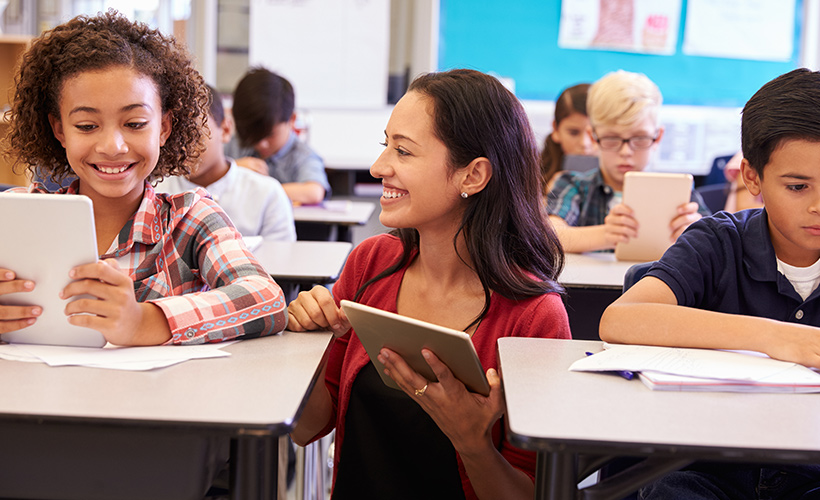In a world defined by rapid technological change, interconnected economies and global challenges, education systems must be developed not only for students’ work but for living in a complex and dynamic world. The 21st century requires many new skills that go beyond memory and standardized testing. Today, students must be agile thinkers, effective communicators, and responsible world citizens.
What is learning in the 21st century? Learning the 21st Century focuses on developing core competencies that will help students succeed in modern society. It’s not just about what students know, but how they use their knowledge in real-world situations. It integrates technology, collaboration, creativity and critical thinking into the learning process, facilitating a more holistic approach to education. Essential skills for students in the 21st century Here are the most important skills that all students should grow to thrive in a global society.
1. **Critical Thinking and Problem Solving** The ability to analyze information, think logically, and solve complex problems is extremely important. Whether or not you address global issues such as climate change or solving workplace challenges, students must learn to think beyond the surface.
2. **Creativity and innovation** Innovation drives progress. By encouraging creativity, students can explore new ideas, take risks, and develop original solutions. It’s not just creative thinking about the art of all fields.
3. **Cooperation and teamwork** In a networked world, working effectively with others is essential. Students must collaborate through culture, time zone and field. It is important to learn how to build relationships and respect different perspectives.
4. **Communication Skills** Certainly, it is essential to persuade both oral written communication behaviors. Students should be able to clarify ideas, listen actively, and have meaningful dialogue on digital and personal platforms.
5. **Digital literacy** Technology is the foundation of modern life. Students need to use digital tools for fluent flow, evaluate online information and understand the ethical implications of technical use.
6. **Global and cultural perception** Global citizens must understand and appreciate cultural diversity. Students should be encouraged to explore global topics, learn foreign languages, and develop empathy among people from a wide range of backgrounds.
7. **Adaptability and Resilience** The change is the only constant. In an unpredictable world, the ability to adapt to new environments and withdraw from retreat is more important than ever.
8. **Initiative and Self-Control** Self-motivated learners are qualified learners. Students should be encouraged to determine goals, manage their time and receive training.
9. **Leadership and Responsibility** Whether leading a team or contributing to one thing, students need to develop trust in grasping initiatives and integrity to act responsibly in their community.
10. **Entrepreneurial thinking** Entrepreneurial thinking promotes curiosity, sustainability and ingenuity. Students should be taught to view challenges as opportunities and ways to change.
The role of educators and schools To promote these skills, educators need to move from traditional and motivated methods to interactive, student-centered learning models. Project-based learning, interdisciplinary research, real-world problem-solving, and technology integration are key strategies. Schools should also create an environment that supports professional development for teachers and evaluates creativity, curiosity and cooperation.
Connected Future Preparation The future belongs to those ready to shape them. As globalization continues to blur borders, students must be prepared today to think globally and act locally. Using up 21st century skills is not just a trend, it is essential. By promoting these critical skills, the next generation will not only be successful in your career, but will also be able to deliberately lead in a diverse and ever-changing world.

Leave a Reply